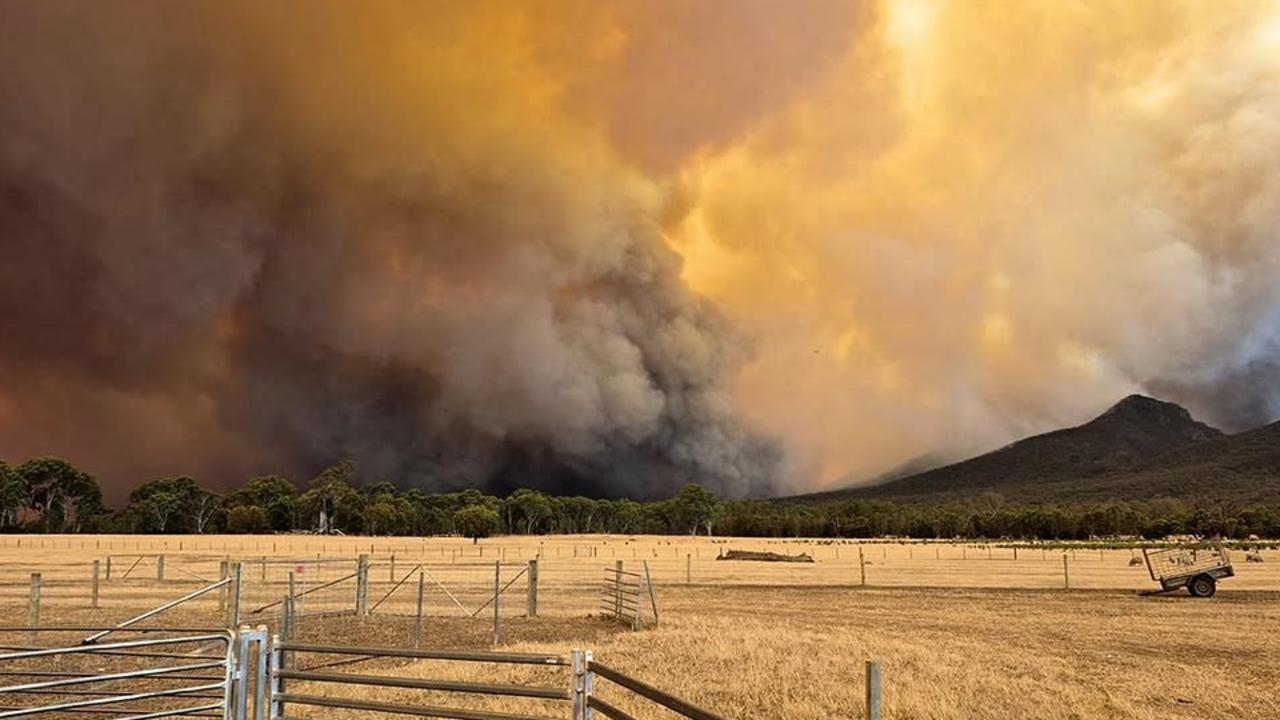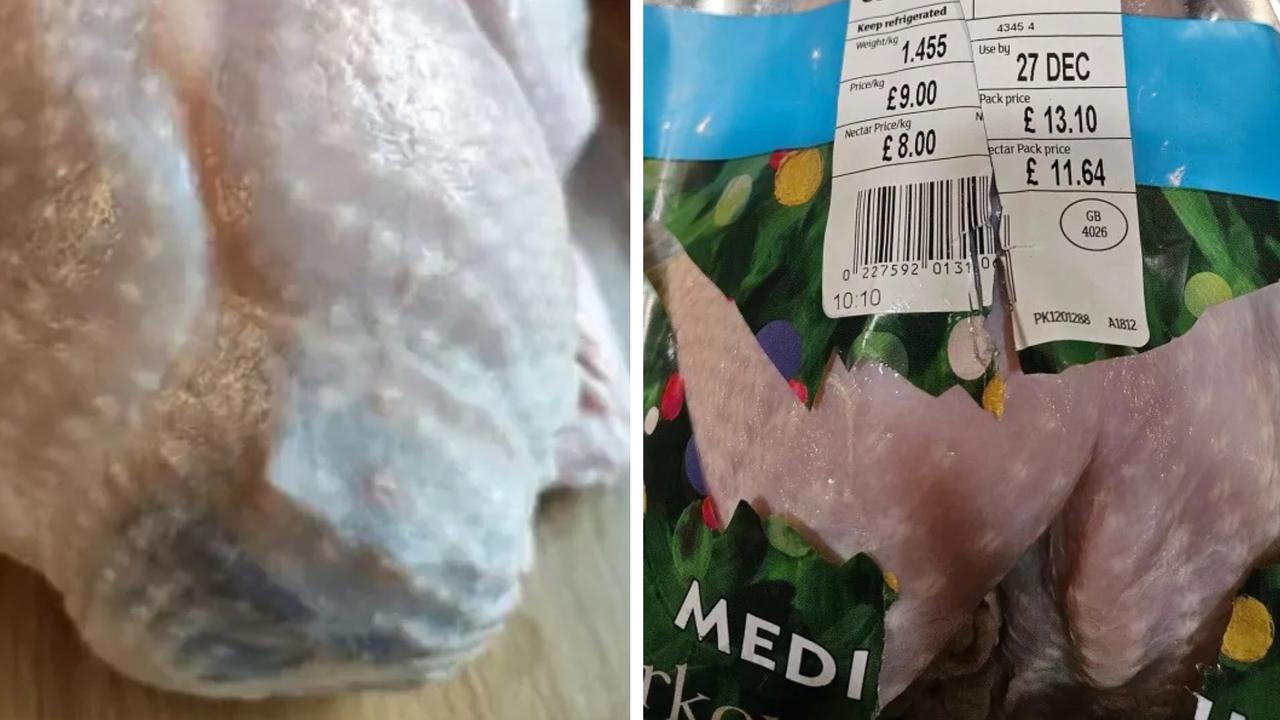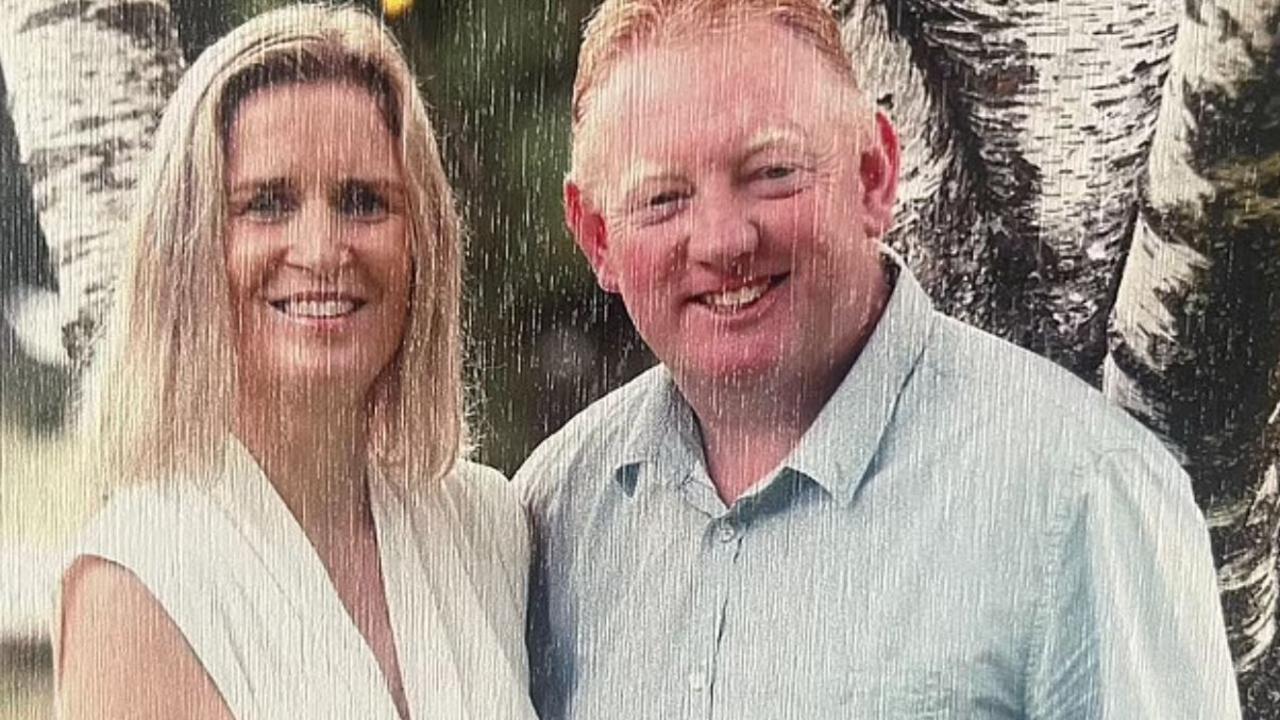Your child’s privacy should be worth more than clicks: Kendall Gilding
A generation is growing up on their parents’ social media ... but at what age can a child give permission for their image to be shared, asks Kendall Gilding. DO YOU ARGEE? VOTE IN OUR POLL
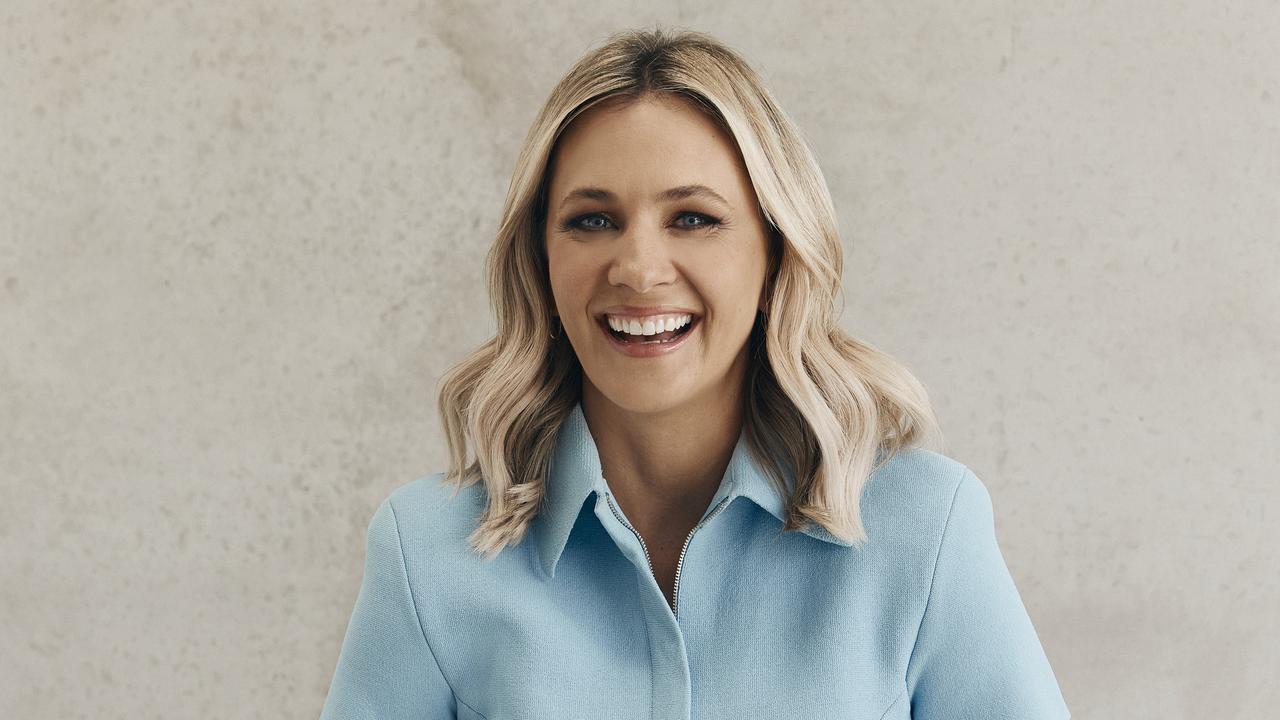
News
Don't miss out on the headlines from News. Followed categories will be added to My News.
I walked into a cafe recently, saw a toddler and immediately thought, “Hey, I know you!” Except I didn’t. “No, it must be your mum I know.” Except I didn’t know her either. She’s someone I follow on social media, but she would be blindly unaware of who I am.
Her child, however, is now so recognisable that a stranger could pick her out of a crowd on a busy Saturday morning. That’s the reality of a generation growing up on their parents’ social media. Every moment of their life documented for all to see, countless images making up a digital record that may never be erased.
This column was originally published in February 2024 and has been resurfaced as part of The Courier-Mail summer columnists series.
Is hard work enough? Max Futcher on kids using ChatGPT to get ahead at school
‘Beer was dripping from the roof and curtains’: Max Futcher’s home brew disaster
As the world evolves, we move with it. The internet is created. We get Facebook. We get Instagram. We try YouTube, TikTok, Threads. But we’re yet to see the children grow into adults who were born into this digital world without a choice.
As someone who has been in the public eye for a decade, there have been times when my kids were used in photos for magazines, shoots for the newspaper, or the rare occasion where I put them on Instagram, but it’s never sat well with me. Maybe that’s because I have an open account?
I’ll never forget the day I gave birth to our first child Olive. She was the most marvellous thing I’d ever seen. The greatest triumph of my life! After years of battling endometriosis, suffering unexplained infertility, and then finally falling pregnant via IVF, I wanted to share her with the whole world!
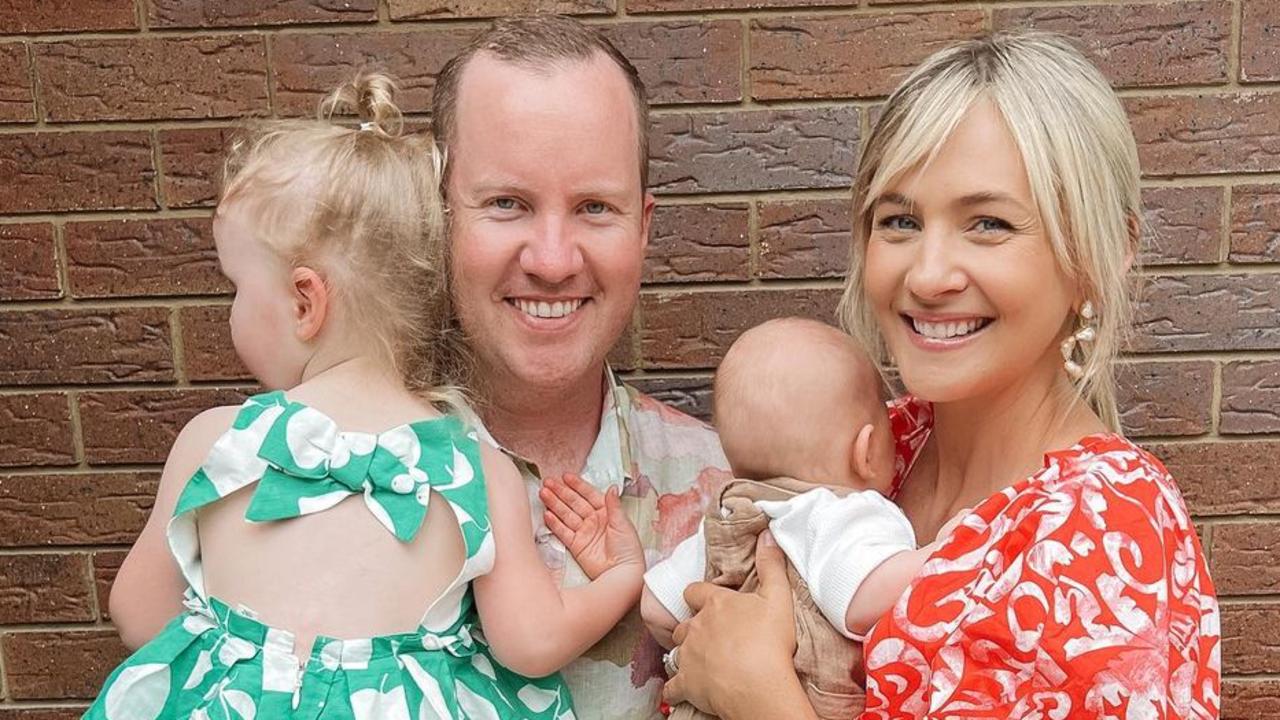
But then like a giant wave, protectiveness overwhelmed me. Why did anyone deserve the privilege of seeing her slathered all over my Instagram feed? Fifty-three per cent of my followers are men. 70 per cent of the people who follow me I don’t even know. Why would I open her up to a world of strangers?
Instead, to announce her arrival I settled on posting a photo of her little hand. But the burning desire to share her cuteness didn’t disappear. It became a constant battle for me. Baby does adorable thing, mum takes video, then resists the urge to post it online.
In a compromise, I started taking photos with her face obscured from view, often from behind, or slightly side profiled, as long as she wasn’t identifiable.
Every year when students head back to school, parents are quick to document the moment and share it on social media.
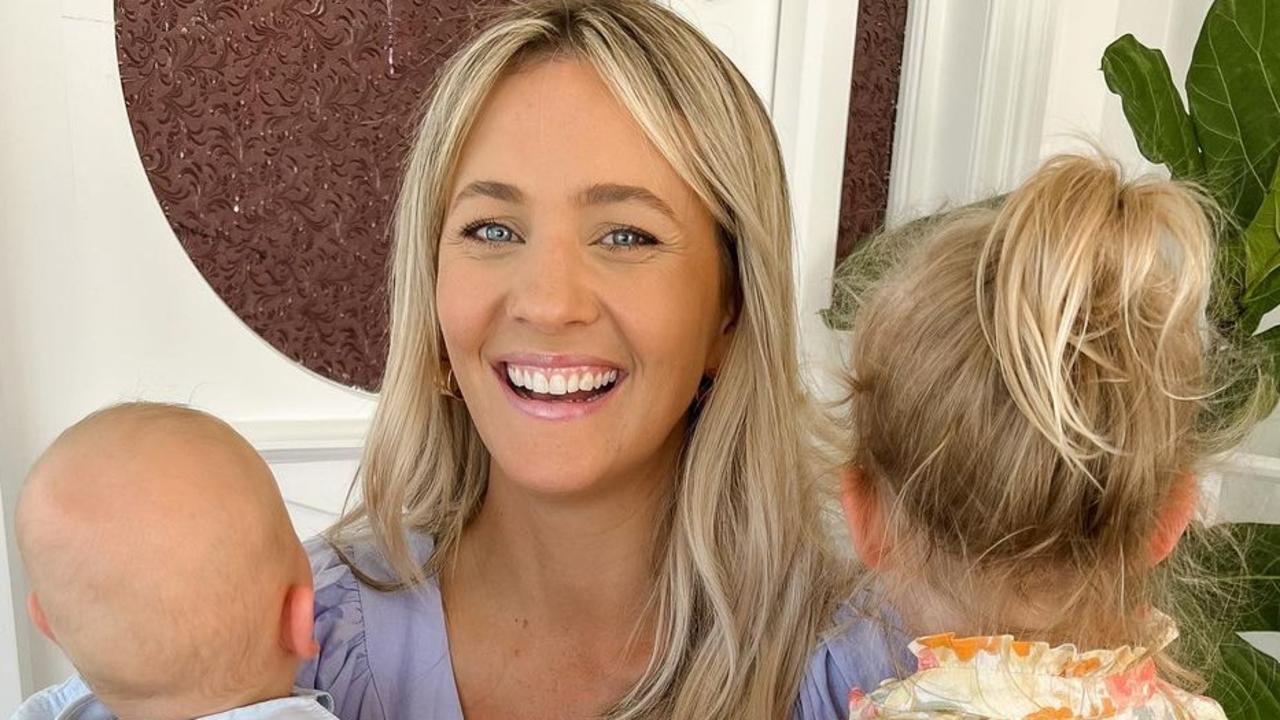
This year the federal police urged families to think twice, warning that the innocent images can be used in child exploitation material or by offenders to identify and groom children. Maybe that sounds extreme, but in a world of artificial intelligence – literally anything is possible. Elon Musk’s “X” recently enforced a Taylor Swift search ban after deepfake pornography flooded the internet.
Artificial intelligence can be used to make videos of anyone, and so lifelike you can’t distinguish between fact and fiction. In the case of Swift they created extremely violent, sexually explicit images of one of the world’s biggest pop stars.
It may be helpful to ask if you fall into one of two camps – is your social media set to private, meaning only your friends see what you post, or is it open for anyone to look at any time they like? For most people they are private photos shared among people they trust. But what about the parents with tens of thousands of followers, or even millions?
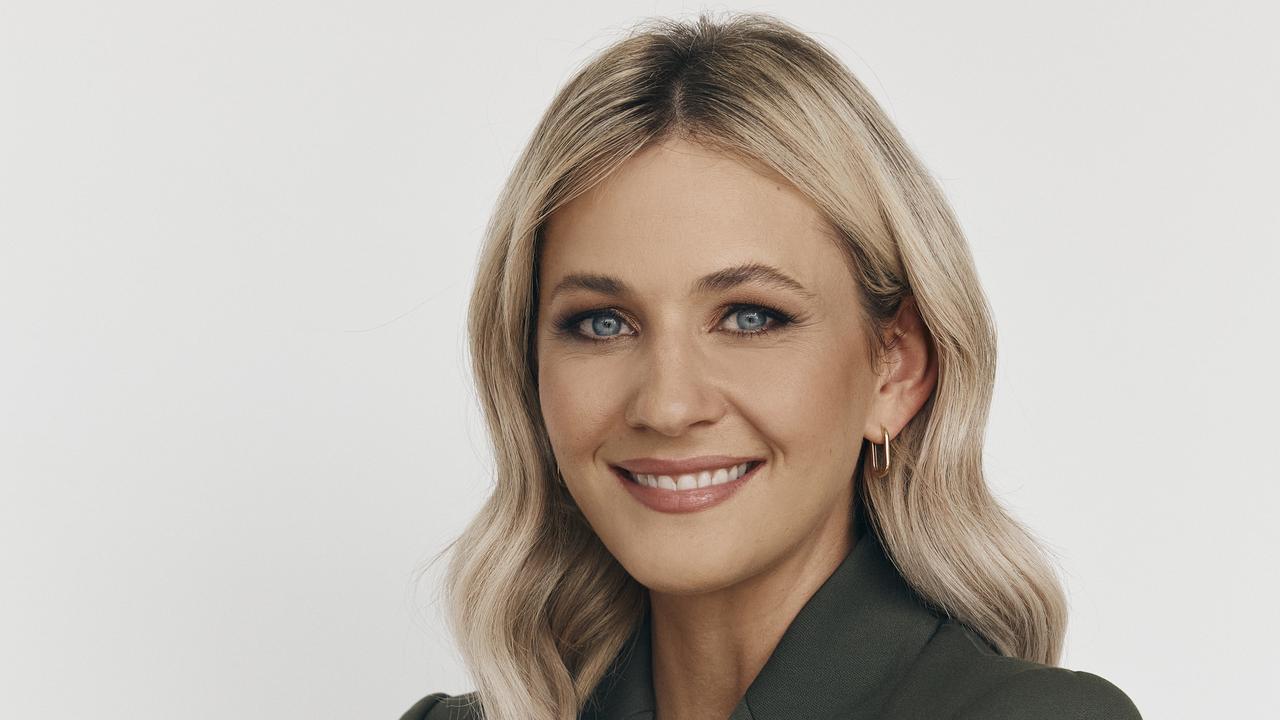
Then there’s the issue of consent. At what age can a child give permission for their image to be shared? Certainly not as a newborn, or a toddler, even as a young child their brain can’t discern the risks. Suddenly they’re a teenager and they don’t want to be in any of your photos, but what about the hundreds that have been posted already? Some are on “Stories” which vanish after 24 hours, but never disappear from Meta’s data.
Before having children I was terrified that motherhood would harm my chances in media, hold me back from opportunities or promotion. Ironically, it makes you more relatable because the audience includes mothers, and it forms a point of connection. Which means maybe it’s a marketing tool? Should I post my kids more often?
Social media is always described as a “highlights reel”, removed from the reality of changing nappies, navigating a toddler tantrum in public, cooking food they refuse to eat, or the daily battle that is witching hour. But if Instagram is life’s best moments, my kids are barely anywhere to be seen. The thing that gives me the greatest joy falls off the grid. If you didn’t know me you might assume I’m an absent mother.
But in a digital world where we are all over- exposed maybe we need to take a pause before posting. The privacy of a little person who we’re supposed to protect is surely worth more than clicks?
Originally published as Your child’s privacy should be worth more than clicks: Kendall Gilding


